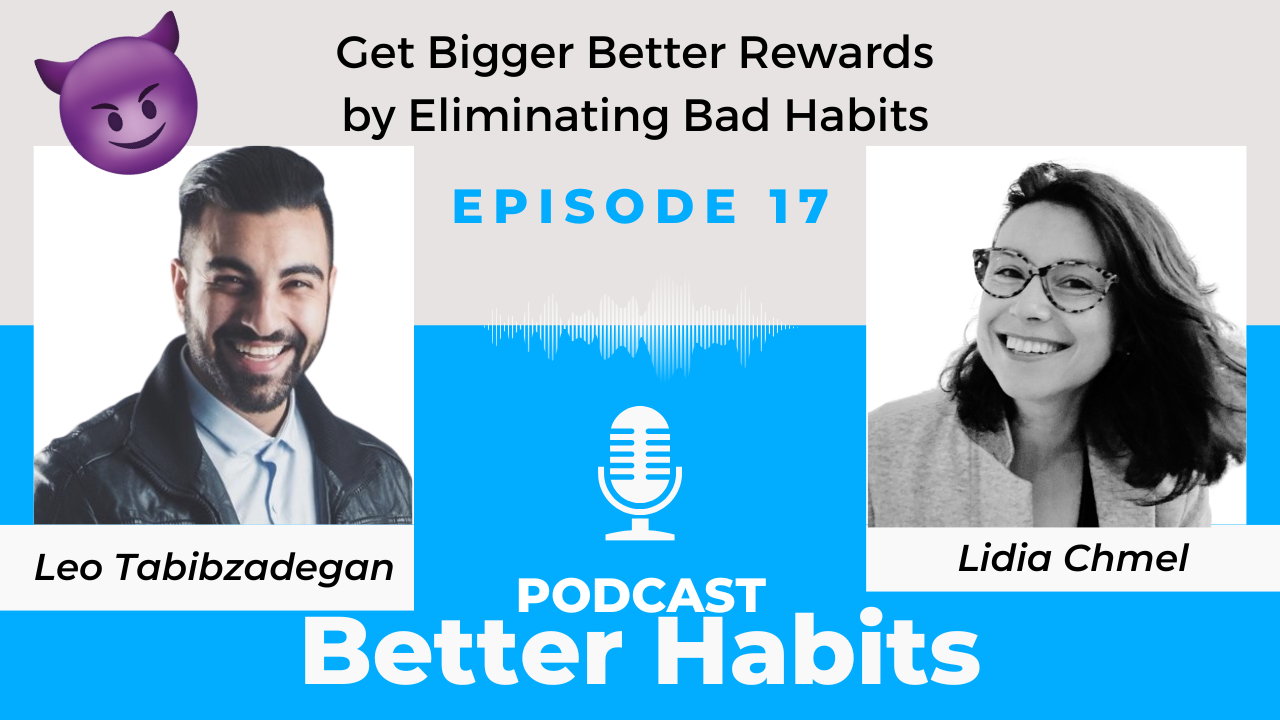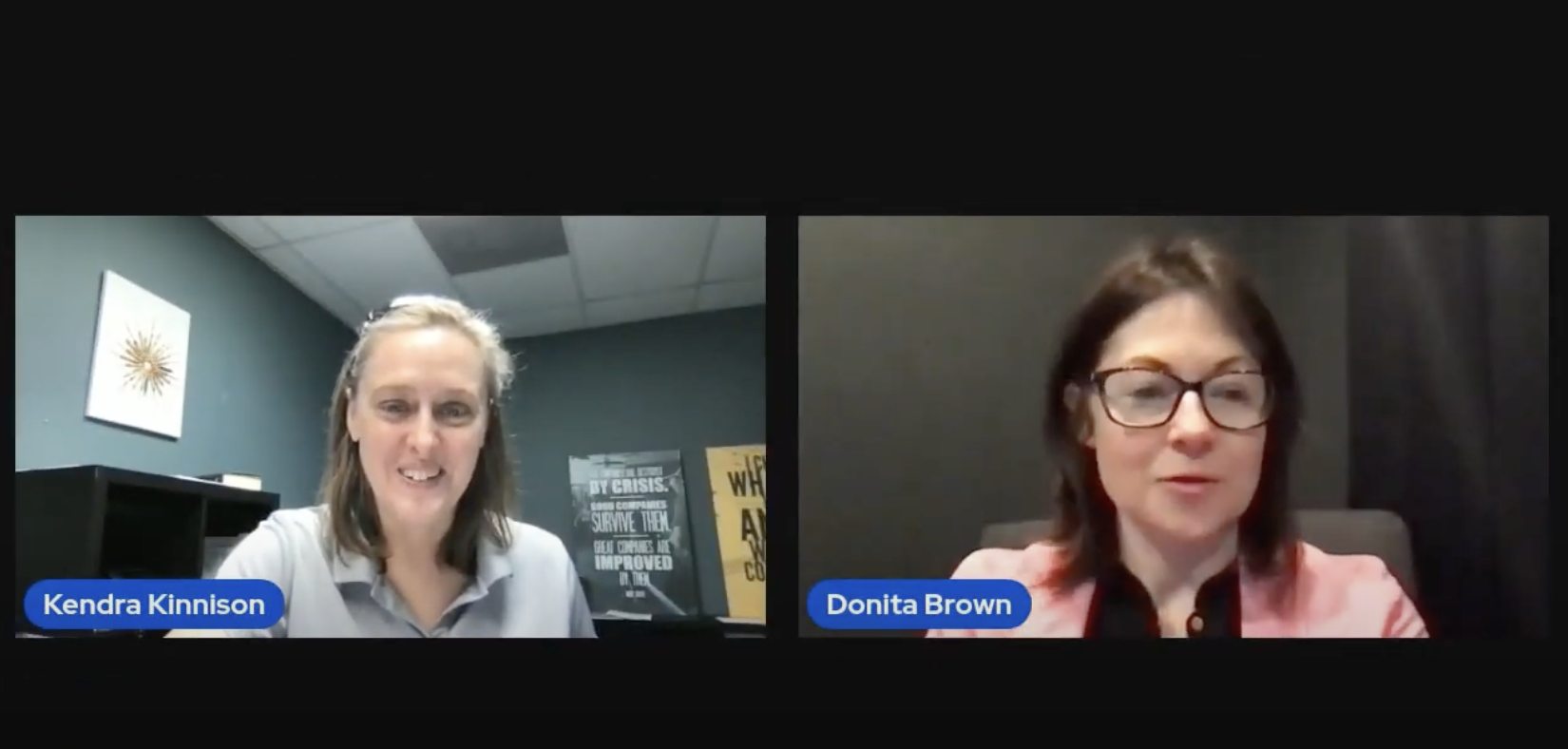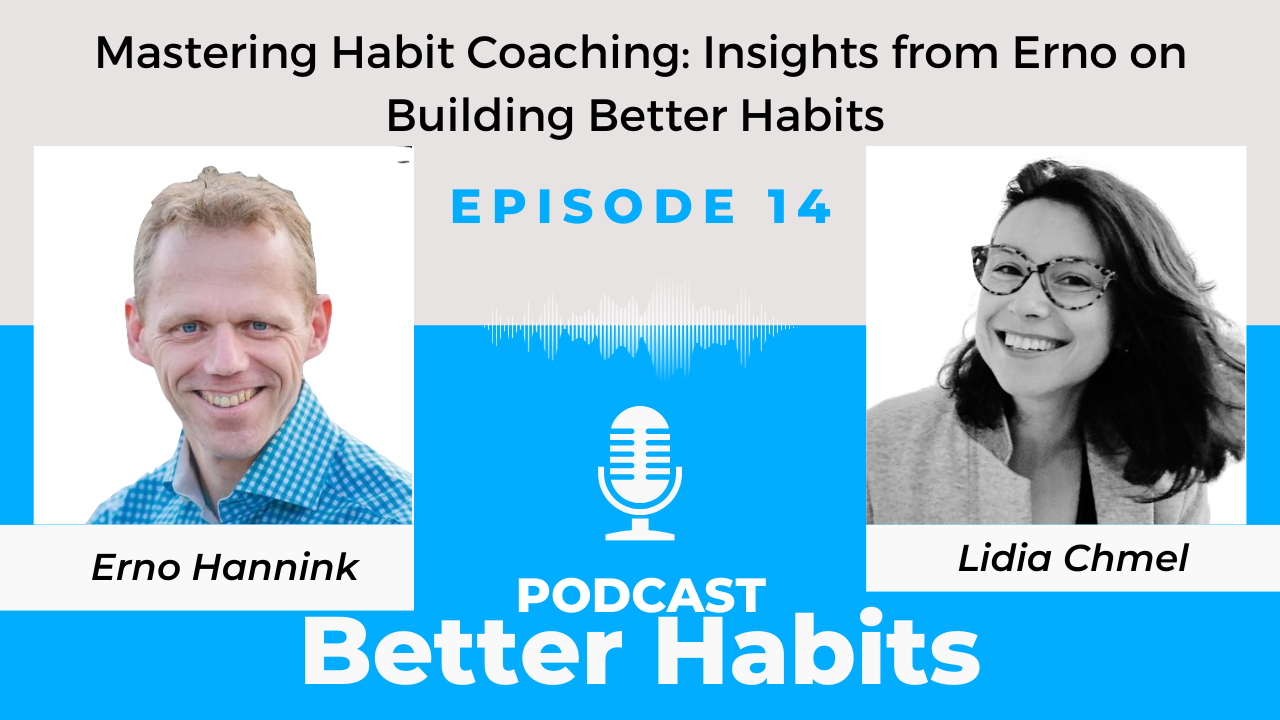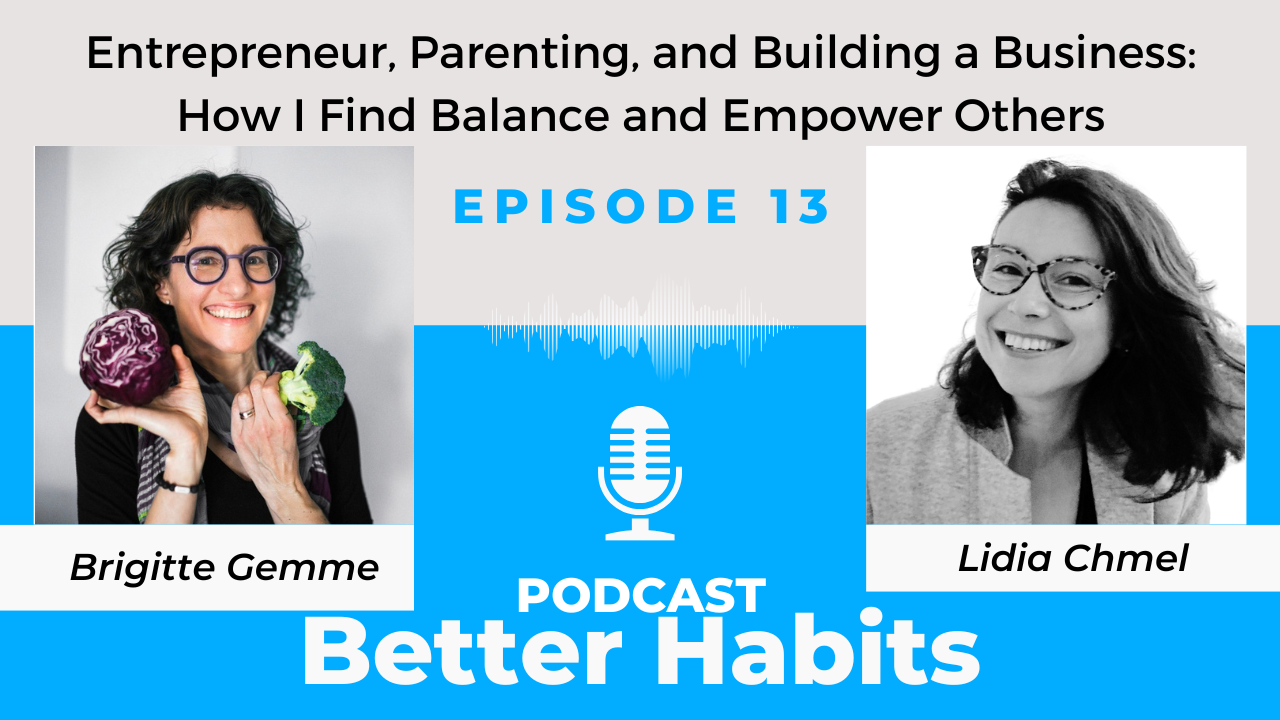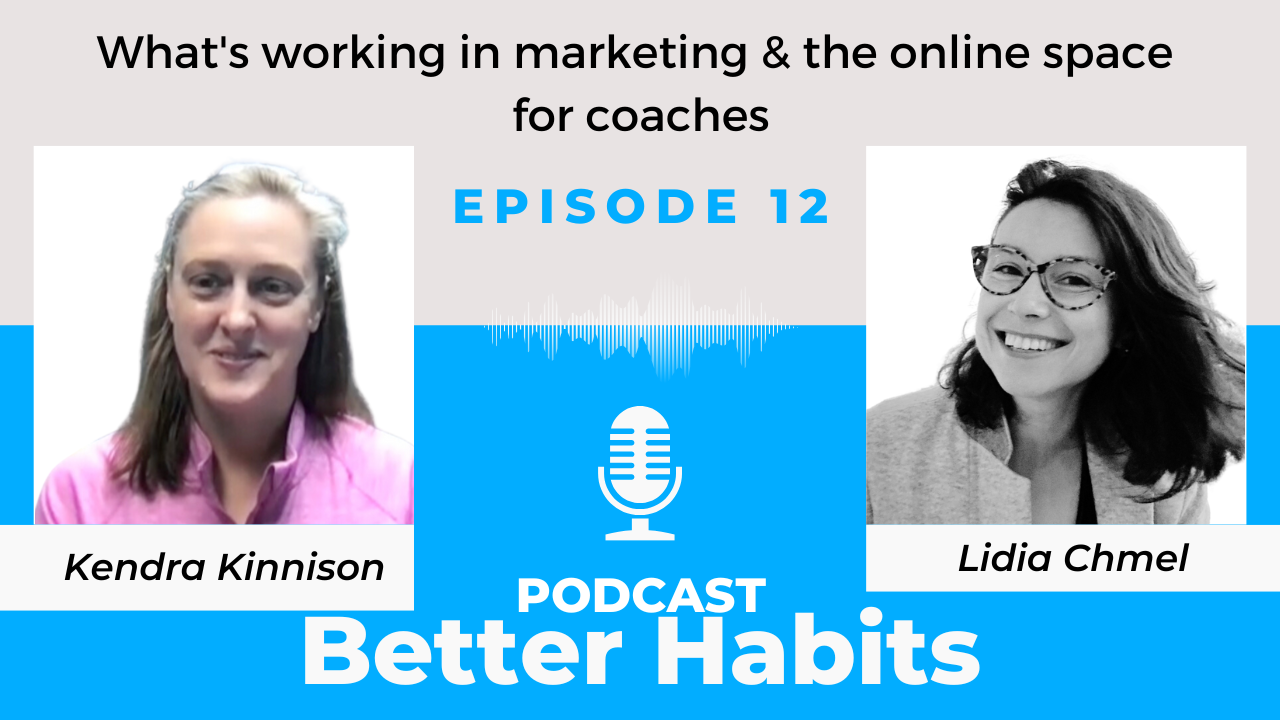Photo by Gabe Meline courtesy of The Bohemian.
Dustin Zuckerman is the founder of the Santa Rosa Tool Library, a nonprofit lending library of hand and power tools that’s been serving the surrounding community for over six years. Through slow growth and a commitment to a vision informed by the egalitarian tradition of public book libraries, the tool library is a cornerstone of a community-minded renaissance in downtown Santa Rosa.
Upon meeting Zuckerman, one is immediately struck by his thoughtful sincerity and unhurried listening. He supports his nonprofit as a volunteer director while working full-time as Periodicals Desk Coordinator at Santa Rosa Junior College, and we wondered how he gets it all done. We were delighted when he agreed to this interview and were intrigued by his insightful habits:
What’s your own daily routine like? What habits do you cultivate and what benefits do you find in them?
I wake up without an alarm clock at 6am. I need to be at work by 7:30am. I wish I could say this was a thoughtful goal but I know that this correlates to going to sleep with no unfinished business. I’m not tired when I wake up. I have no unfinished business because I habitually keep a to-do list in the form of a priority matrix. This way my mind is not subconsciously trying to remember what to do or dealing with the regret and workload making up for forgotten obligations. Also the nonprofit has been developed to have little impact on my personal life since I am a volunteer director. It has also hit its stride and is not so difficult to maintain…so I simply have less to worry about.
Before I go to work I always clean something or build a fire in our wood stove for my wife who wakes up after I am gone. I make myself do this. If I don’t I feel like I only work all day. I also know I have “provided” and made my wife’s life a little easier before running off to work. It’s a triple whammy.
The only habit I cultivate from 7:30am-4pm at my SRJC job is to remind myself why I am here…to fulfill the mission of providing the means for our student to succeed. I’m not saying this to be idealistic: I actually have an internal dialog with myself about this, hourly. This is my key to loving my job. If I worked for a retailer I would remind myself that I am here to make money for the owner.
In the evening I cultivate active listening. When I get home my wife and I share stories—the most intimate part of my day. I actually cultivate this throughout my day but it is too easy to take your loved ones for granted, having kept up appearances all day. She can tell when I am truly listening and it makes our evening a much richer one.
You have career as a librarian while also managing a busy nonprofit; how do you maintain a good life balance while doing all of that?
The tool library is developed to grow based on demand. We do not advertise or try to grow beyond loaning tools for libraries and financial institutions. We do not host workshops, have frequent fundraising events, or have a large pool of volunteers. Developing and managing these take more time then to loan tools during our hours of operation. We also don’t have “members” since we are a Public Charity… so we do not have to court members. I am also a volunteer director, so our board of directors considers this when determining growth and how it impacts me personally. This affords me the ability to not bring the nonprofit home with me.
I also like to work so the extra obligation helps keep me balanced where idle time bums me out.
Are there any habits you’re trying to develop now? What motivated you to work on them?
I am trying to eat differently. I don’t have a discriminating palate nor do I choose what and where I eat thoughtfully. But I do want to “Eat like a king for breakfast; a prince at lunch then a pauper at dinner.” I’m doing better at this but I don’t like to eat in the morning. When I do eat in the morning my energy throughout the day stays steady and it’s simply easier to stay alert.
Several years ago I spent time with a friend who had a 4 year old. Just being around them made me see things differently—through a childs perspective. Since then I have been practicing trying to see everyday things as though I have never seen or experienced it. This has helped me tremendously when I am grant writing, reorganizing our website, or entertaining a new concept. I want to be better at seeing the end result from the perspective of the person(s) I am seeking support from or trying to communicate better with. I recently wanted to start a Stewardship program for the tool library and rather then create a prospectus I started with the flyer that I would hand out to folks once ready to promote—then works backwards until I was able to articulate my plan in a way people could actually identify with.
“Say it tomorrow.” is a quote from Warren Buffet when asked for his best advice. He meant that when you are frustrated with someone waiting until the next day to express your self can result in either saying it more calmly, refining your comment, or not saying anything at all. This is so much harder then it sounds. I have been able to do this a handful of times over the past nine months with my wife, a co-worker, and my parents and several times I said nothing at all because I realized the next day that I was reacting to the unfamiliar or had been thrown a curve ball. The other times I was able to think more clearly and was able articulate what I wanted to say so I did not make things worse.
Who or what inspires you? Whose habits would you like to know more about?
Problem solving inspires me most. How do I make the point I am trying to get across simple for others. For instance, our nonprofit website breaks a few rules—you have to scroll down to get information on the Home Page. Our borrowers love the page because it reads like a vertical check list. This is important because folks reading the website have likely never heard of a tool library and reading a list of information is simple and easy on the eyes. No big words either. We assume a 2nd year student of English is reading the site so we keep it simple. Every month or so I walk into the nonprofit and walk up to the service desk and though it is my fist visit. What questions do I have? Do I want to see something different? What are my eyes drawn too? I love doing this.
I am also inspired to be orderly or in the case of running a nonprofit(hold on): bureaucracy. I get it. It’s all about accountability. As fussy and some of the paperwork and guidelines can be, I know the board of directors has confidence in me and that a potential funder can see I am running the organization efficiently and with clean hands.
As for people, Rube Goldberg is a huge inspiration to me. Through his creativity he symbolizes irony, humor, courage and fear. He simply seems to have seen things differently.
I am inspired by honesty over truthfulness. Truth requires someone to ask for information. It is also too easy to be selective with the info you truthful about. With honesty, you don’t have to be asked for information. You offer it without being asked and/or offer details that you might not have done if asked to be truthful. Lately I have been referring to running the nonprofit and my personal life with “Clean Hands” hence being honest. This is why I sleep well, this is why I am able to handle the demands of a busy work schedule, this is why I can be depended on, and this is why (I hope) I am trusted.
Coach.me provides everything you need to improve performance in diet, fitness, productivity, and life. If you’re feeling inspired by Zuckerman’s insights, try adding these habits to your Coach.me dashboard:
-
Write to-do Lists: keep your mind free of tracking details.
-
Be of Service: ensure that at least a small part of your day nurtures your relationships to your family, friends, or community.
-
Eat Breakfast: get your day started right by consciously fueling your body to support you throughout your day.

